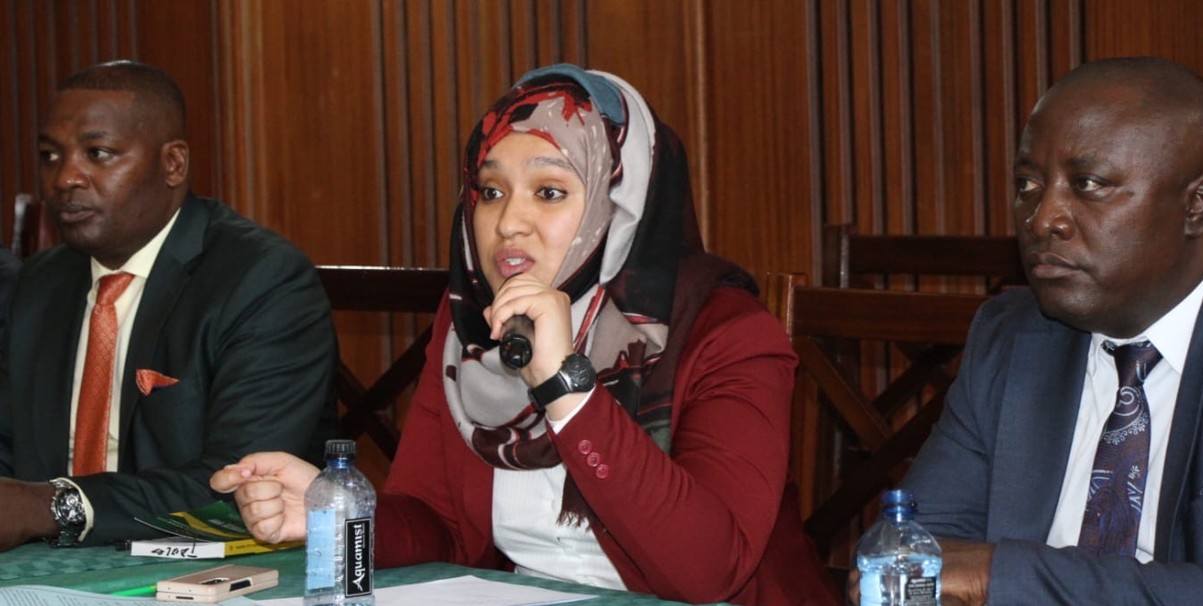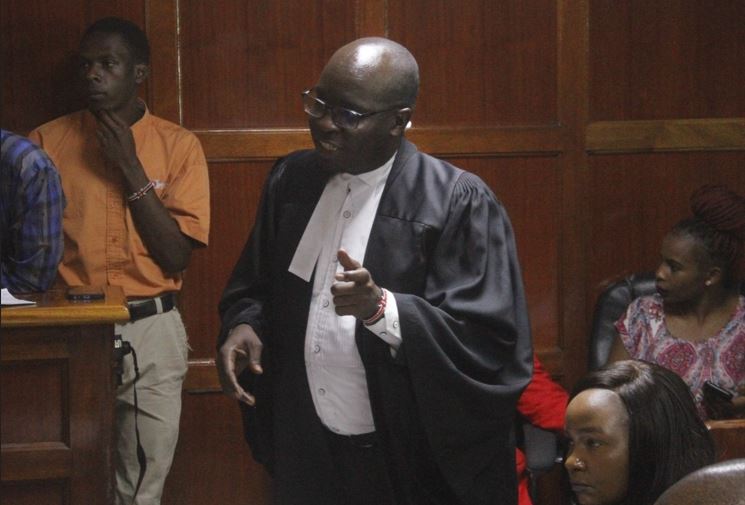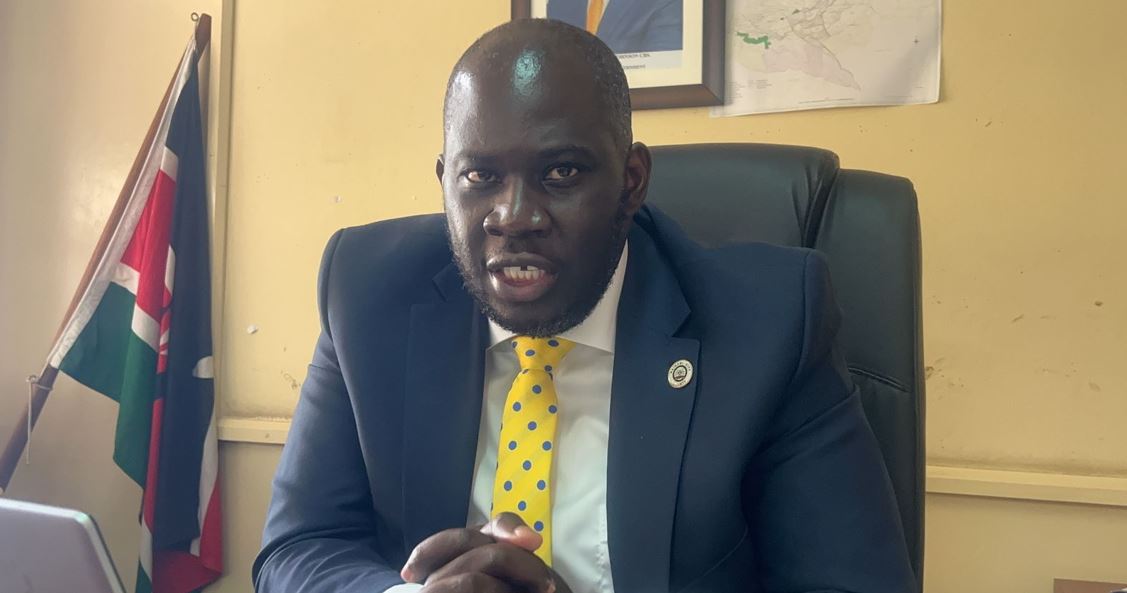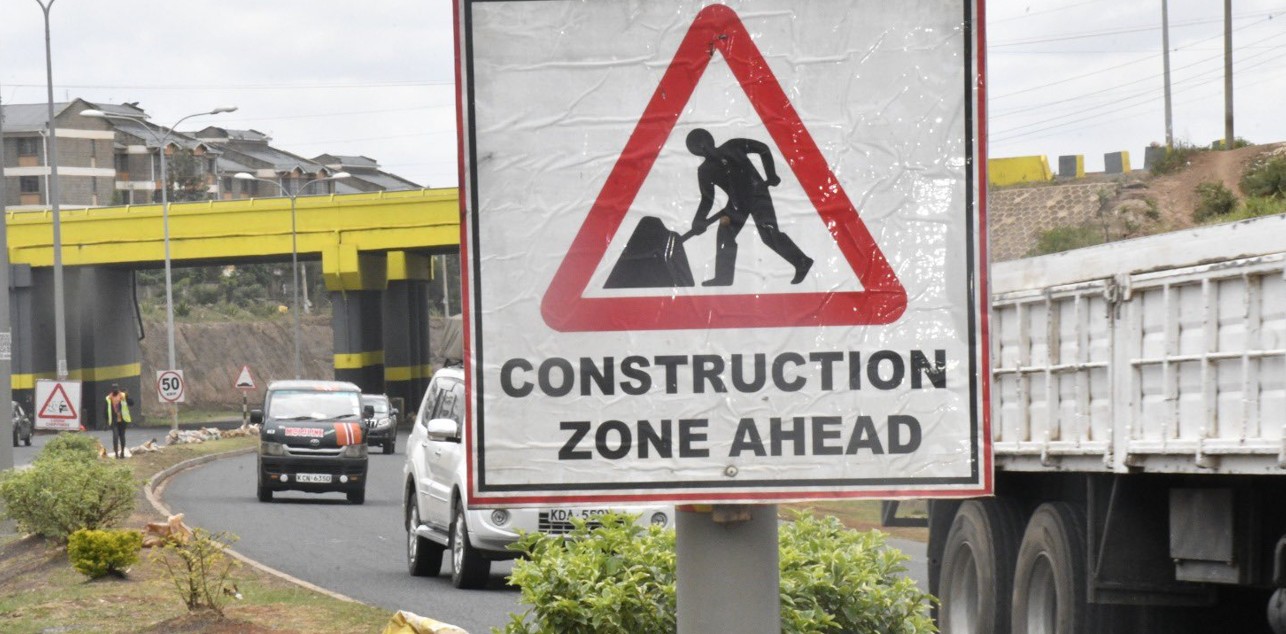Nairobi County dumps garbage at Kenya Power offices after power cut over unpaid bills
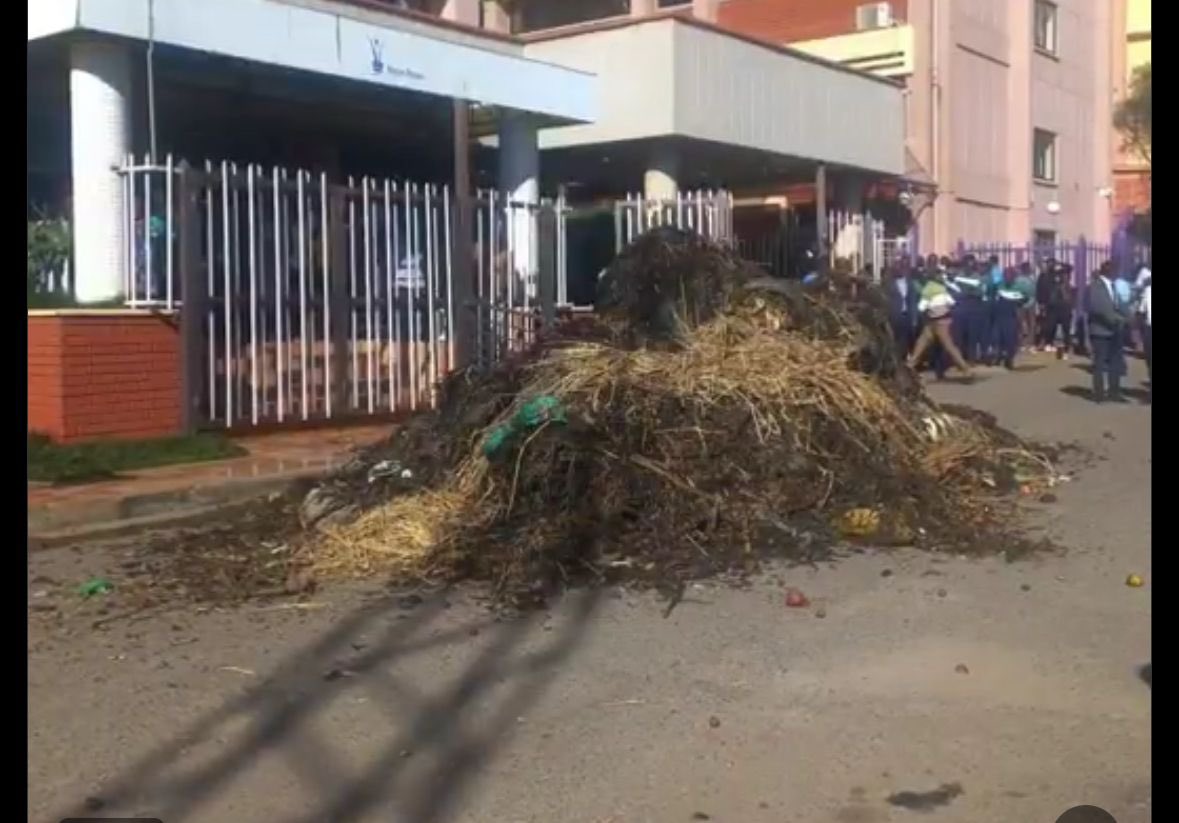
Reports indicate that the two parties differed over a power bill exceeding Sh3 billion owed by the Nairobi County Government.
Disputes between government institutions are often resolved through negotiations, but when dialogue fails, chaos takes over. This was the case on Monday when Nairobi County garbage trucks dumped trash at Kenya Power’s Stima Plaza, following a power disconnection over unpaid bills.
The dramatic action saw Kenya Power staff stranded for the better part of the morning, unable to access their offices due to the stench and obstruction caused by the garbage.
More To Read
Reports indicate that the two parties differed over a power bill exceeding Sh3 billion owed by the Nairobi County Government.
Rosemary Oduor, Kenya Power’s General Manager for Commercial and Sales, said both parties had agreed to review the bills, with the verification and reconciliation process nearly complete.
However, despite a December agreement that the county government should clear reconciled bills, it has failed to comply.
“This morning, we had our work going on as usual when, suddenly, county government garbage trucks arrived. One truck dropped a heap of garbage right at our office entrance at Stima Plaza. Several other trucks carrying garbage were on standby around the building. The stench forced staff to evacuate the building,” Oduor said.
She also noted other forms of retaliation, including water disconnections and blocked sewer lines at Stima Plaza and other Kenya Power offices in Nairobi.
“The Energy Act provides that when a customer fails to pay their bills, the utility can withdraw service to compel payment. The county government had not communicated with us for a while, but on Friday, they confirmed making payment arrangements and requested power restoration, which we did. We believed the issue was resolved, yet today, we have faced water disconnections, blocked sewage, and garbage dumping at our premises,” she added.
 Nairobi county now dumps garbage outside Stima Plaza. (Handout)
Nairobi county now dumps garbage outside Stima Plaza. (Handout)
In addition to the garbage disposal, Nairobi County staff clamped Kenya Power vehicles around Stima Plaza. The situation escalated when some Kenya Power staff protested, leading to injuries as county officials attempted to tow away vehicles.
“This is unfortunate because we have been engaging Nairobi County in good faith. We conducted a joint verification of their debt and agreed in December that they would start paying both their current bills and arrears. Instead, they have chosen to bring garbage to our doorstep, disconnect water, and block sewer lines,” Oduor lamented.
According to a National Treasury report, Nairobi County’s unpaid electricity bill stood at Sh3.01 billion in eight months. The report indicates that by November 2024, Nairobi accounted for over two-thirds of the Sh4.37 billion owed to Kenya Power, up from Sh1.35 billion in February 2024, when counties’ total electricity debt was Sh3.53 billion.
“Nairobi County Government accounts for the largest portion of this debt, totalling Sh3,011,878,481.04. Accumulation of pending bills has occurred since the establishment of county governments,” reads the report tabled in Parliament.
Oduor emphasised that Kenya Power is the sole revenue collector in the energy sector, with bills covering revenues for power generators, transmitters, regulators, and tax authorities. She noted that the county’s failure to clear its electricity bill denies the sector necessary funds, affecting the provision of power to the public.
The garbage dumping incident disrupted operations at Stima Plaza, which also houses Kenya Power’s national contact centre, limiting its ability to receive customer calls and offer services.
Oduor revealed that the disagreement with Nairobi County has persisted for over two years, warning that failure to settle outstanding bills risks crippling the energy sector.
“We provide a service, and once billed, the client should pay,” she said.
The Nairobi County Government is yet to issue a statement addressing the allegations.
Top Stories Today

